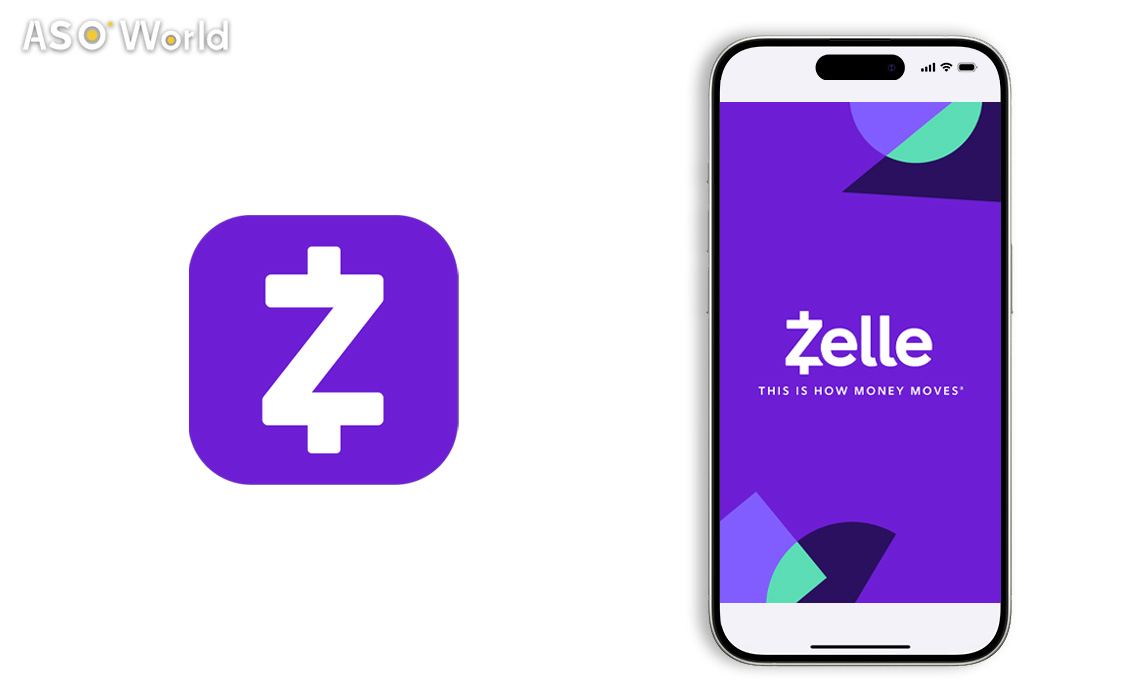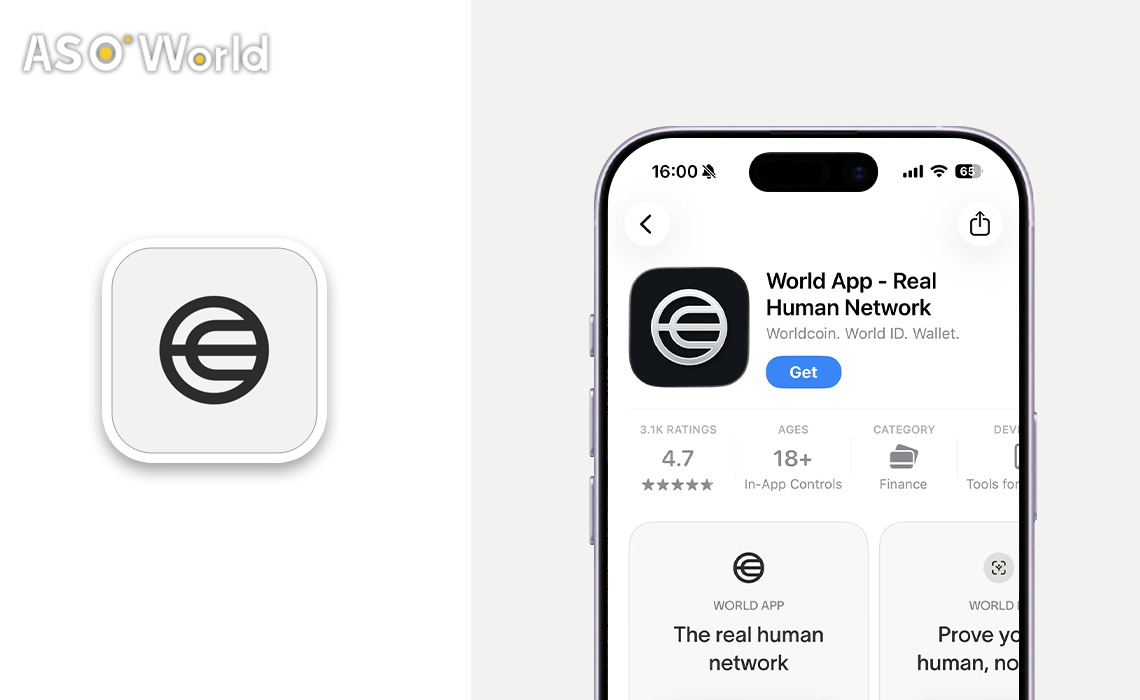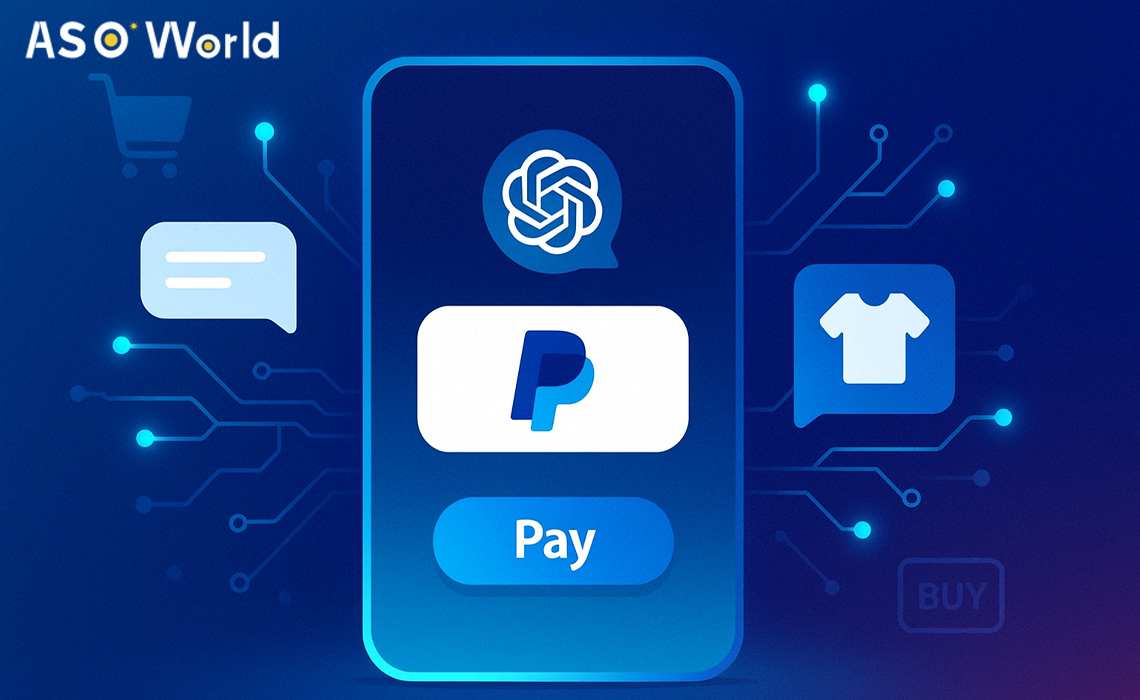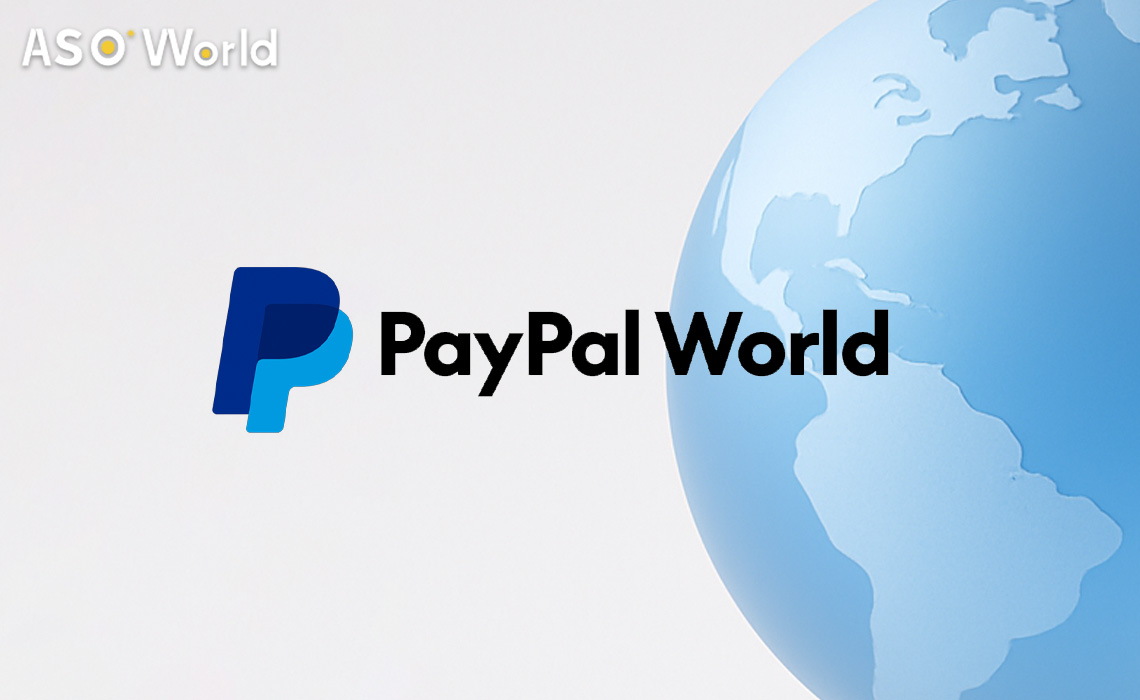Zelle, a leading peer-to-peer payment platform, has terminated its standalone app as of April 1, 2025, redirecting users to access its services through bank apps or websites.
The move reflects the platform's deep integration into the financial ecosystem, affecting only a small fraction of its 150 million users while reinforcing its dominance in digital payments.
Reasons Behind the Shutdown
Zelle's decision to discontinue its standalone app stems from its overwhelming adoption by over 2,200 banks and credit unions.
Launched in 2017 with initial support from 30 banks, the platform processed over $1 trillion in transactions in 2024 alone.
Official data reveals that only about 2% of transactions occurred via the standalone app, prompting the shift to streamline operations and focus on bank-integrated services.
Impact on Users
Minimal Disruption for Most
For the vast majority of Zelle's 151 million users, the shutdown brings no change, as they already use the service through their bank's digital platforms.
It was reported that the transition has been seamless for these users, with no interruption to their payment capabilities.
Action Required for Standalone Users
A small group—approximately 2% of users—relied on the standalone app and must now re-enroll through a participating financial institution.
Zelle has facilitated this process by providing notifications and a re-enrollment portal at enroll.zellepay.com, ensuring continuity of service for those affected.
New Role for the App
Post-shutdown, the app will pivot to an educational tool, focusing on scam prevention and listing banks offering Zelle.
This unexpected shift aims to bolster consumer trust amid growing concerns about digital payment fraud, as highlighted by a recently dropped CFPB lawsuit alleging $870 million in losses since 2017.
Broader Context and User Reactions
The shutdown aligns with Zelle's evolution from a standalone service to a bank-centric platform, a trend reflecting the broader consolidation of digital payment systems.
Despite past fraud allegations, resolved in March 2025, Zelle's record-breaking transaction volume underscores its resilience and market strength.

Editor's Comments
The shutdown of Zelle's standalone app marks a logical evolution for a platform that has outgrown its initial framework, prioritizing efficiency and bank partnerships.
Its pivot to an educational role is a smart move, addressing fraud concerns that have dogged digital payments—a topic well-documented in recent years.
Given Zelle's $1 trillion transaction milestone, this change is unlikely to dent its momentum, though it may spark competitors like Venmo to rethink their standalone strategies.
Expect Zelle to double down on security enhancements next, as fraud remains a hot-button issue in the sector.




